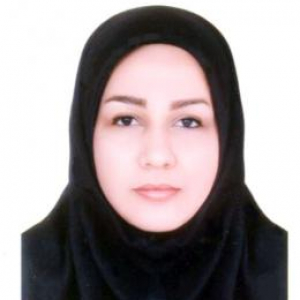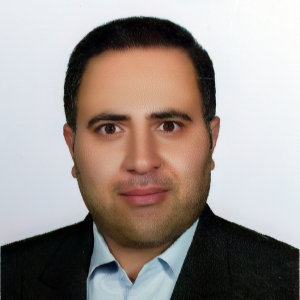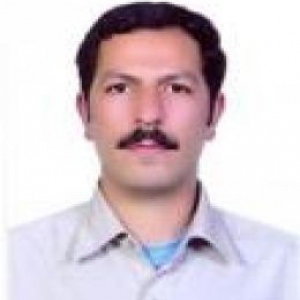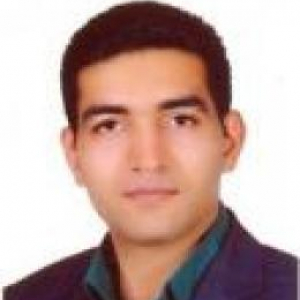Overview
Faculty
Technision and Staff
Dissertation
Lab

Overview
Biosystems Engineering is a field of engineering which integrates engineering science and design with applied biological, environmental, and agricultural sciences. It represents an evolution of the Agricultural Engineering discipline applied to all living organisms, not including biomedical applications. The IUT Department of Biosystems Engineering was established in 1983 and offers accredited undergraduate and graduate programs. Due to the diverse nature of agriculture and the position of the agricultural industry in Iran, the scope of the research at the department is widespread. Solving common problems related to water, soil, plant, agricultural products, and animal environments has provided a unique situation of multi-disciplinary research and scientific cooperation between this department and other departments at the College of Agriculture, as well as other IUT colleges.
Typical program areas including:
Academic Programs
Our Department provides academic programs for the degree of Bachelor of Science (B.Sc.) in Biosystems Engineering. It also offers graduate studies leading to the degrees of Master of Science (M.Sc.) in Postharvest Technology and Design of Farm Machinery. Besides, we have Ph.D. programs in Design of Farm Machinery.
Undergraduate
Undergraduate courses are offered in 140 credits, including 120 compulsory and 20 optional credits. The elementary courses include a variety of mathematics, physics, agricultural science, and engineering principles courses. Graduates in Biosystems Engineering integrate engineering, agricultural, and environmental sciences in a variety of applications.
Graduate
The MSc graduate program is offered in two branches including Design of Farm Machinery and Postharvest Technology. During this program, the students are first registered for 26 credits that should be spending for two semesters. Additionally, there is a practical thesis that should be defended for 6 credits. Design of farm machinery is offered as a specialized subject in the graduate program at the Ph.D. level. During this program, the students are first registered for 18 credits courses. Undertaken after a student completes coursework and passes a comprehensive examination, the dissertation is the final hurdle in completing a Ph.D. degree.
Admitted students
We accept international students in the coming semesters for both M.Sc. and Ph.D. programs. Admission to our graduate program will be highly competitive. Students are to contact initially with their master of interest for the vacancy position. The minimum criteria for admission can be found in the Admission Requirement for IUT. Applicants should hold at least a B.Sc. degree or its equivalent in Biosystems Engineering from a credible institution. Beyond these minimum requirements, the admission committee looks for intellectual potential by reviewing the previous performance in university coursework. If the applicant has published papers, attachment of one or two of these and a description of their impact are encouraged. The candidate's statement should include a description of the research interests as well as their motivation for pursuing graduate education.
Transfer students
Department of Biosystems Engineering at the Isfahan University of Technology accepts transferring students for joint projects or sabbatical programs.
Educational Objectives
The educational objectives of Biosystems Engineering degree programs are to graduate students who are uniquely qualified to use their knowledge of mathematics, physics, agricultural science, and engineering principles in a variety of applications, including:
Research
Research Objectives
Qualitative and quantitative promotion of articles published in high impact international journals.
Defining interdisciplinary research projects with other engineering and agricultural departments.
Continue to build a partnership with industry to exploit new technologies applicable in educational programs and industrial partner.
Research Fields








| Student name | Thesis Title | Supervisor name |
| Ehsan Nasrnia | Mathematical modeling and optimization of intermittent drying of rough rice considering energy consumption and glass transition concept |
Dr. Morteza Sadeghi |